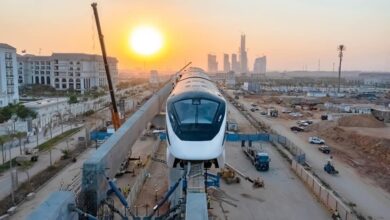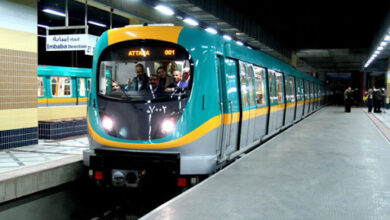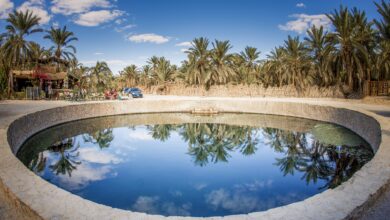Egypt's independent, opposition, and official newspapers dedicate much of their coverage today to problems associated with the country's grain shortages and electrical power-cuts; this coverage involves a great deal of finger-pointing.
Independent Al-Dostour runs headlines reading “Egypt is now the world's top wheat importer,” while a whole page is dedicated to questioning the Minister of Agriculture, Amin Abaza, regarding his earlier announcements about Egypt's national plan for self-sufficiency in wheat production–and why this plan has not materialized.
Liberal opposition paper Al-Wafd focuses its spotlight on Egypt's strategic reserves of wheat and grain in light of the Russia export ban. “Egypt's corn reserves: Zero..Wheat reserves sufficient for 2.7 days. Without arrival of imports at Port of Safaga, Upper Egypt could be in danger.” Another frontpage headline in the paper reads: “People from four Upper Egyptian villages protest bread scarcity”–reporting that villagers demonstrated outside the office of the Governor of Beni Suef on Tuesday.
Regarding the country's problems with electrical power-cuts, Al-Wafd headlines announce “Exchange of accusations between Ministries of Electricity and Petroleum regarding power outages.”
The left-leaning opposition paper Al-Ahaly, on its front page, runs the following headline: “Petroleum [Ministry] responsible for blackout." In smaller headlines it announces that a “malfunction in Nagaa Hamdy electricity station leads to diminished supply of electricity to seven governorates.”
The independent daily Al-Shorouq bears on its front page the headline: “Power-cuts attributable to diminished amounts of natural gas." The sub-header to this story reads “Official source: The crisis began in 2004 with gas exports to Israel.” The official quoted, said to be from the Ministry of Electricity, mentions that these exports, arranged by the Ministry of Petroleum, led to the diminution of the natural gas available to power Egypt's electricity stations. Thus, for the past two years, these electricity generating stations have been functioning at only 89 percent of their capacity.
State-owned Al-Akhbar and Al-Ahram both chose to dedicate their largest front-page headlines to the government's massive infrastructure plans. Al-Ahram's front page announces “LE1 billion for the acquisition of 11 metro trains.” Prime Minister Ahmed Nazif is credited with signing three protocols with Mitsubishi facilitating the acquisition of air-conditioned metro trains for Cairo's third metro line. According to Transport Minister Alaa' Fahmy, the first phase of the new metro route is 80 percent complete.
Al-Akhbar announces “LE1.5 billion for the construction of 622 kilometers of new roads.” The paper also mentions plans for the construction of four large bridges spanning the Nile River–in Al-Wasta, Malawi, Bani Mazar, and Fuah (in Kafr el-Sheikh). Governmental sources say the new Alexandria-al-Herafi highway is due to be finished by June 2011, and that development and maintenance works are to be carried out along Cairo's ring road.
Like Al-Ahram, Al-Akhbar dedicates much of its coverage to the new agreements with Mitsubishi. The paper reports that, for the first time, metro trains will be constructed in Egypt by local workers under the supervision of the Japanese company.
Al-Ahram: Daily, state-run, largest distribution in Egypt
Al-Akhbar: Daily, state-run, second to Al-Ahram in institutional size
Al-Gomhorriya: Daily, state-run
Rose el-Youssef: Daily, state-run, close to the National Democratic Party's Policies Secretariat
Al-Dostour: Daily, privately owned
Al-Shorouq: Daily, privately owned
Al-Wafd: Daily, published by the liberal Wafd Party
Al-Arabi: Weekly, published by the Arab Nasserist party
Youm7: Weekly, privately owned
Sawt el-Umma: Weekly, privately owned



